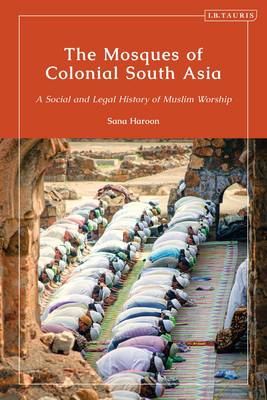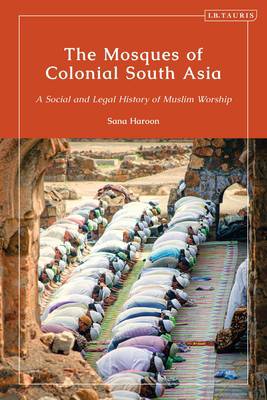
- Afhalen na 1 uur in een winkel met voorraad
- Gratis thuislevering in België vanaf € 30
- Ruim aanbod met 7 miljoen producten
- Afhalen na 1 uur in een winkel met voorraad
- Gratis thuislevering in België vanaf € 30
- Ruim aanbod met 7 miljoen producten
Zoeken
€ 67,95
+ 135 punten
Omschrijving
In a series of legal battles starting in 1882, South Asian Muslims made up of modernists, traditionalists, reformists, Shias and Sunnis attempted to modify the laws relating to their places of worship. Their efforts failed as the ideals they presented flew in the face of colonial secularism. This book looks at the legal history of Muslim endowments and the intellectual and social history of sectarian identities, demonstrating how these topics are interconnected in ways that affected the everyday lives of mosque congregants across North India. Through the use of legal records, archives and multiple case studies Sana Haroon ties a series of narrative threads stretching across multiple regions in Colonial South Asia.
Specificaties
Betrokkenen
- Auteur(s):
- Uitgeverij:
Inhoud
- Aantal bladzijden:
- 248
- Taal:
- Engels
- Reeks:
Eigenschappen
- Productcode (EAN):
- 9780755643004
- Verschijningsdatum:
- 26/01/2023
- Uitvoering:
- Paperback
- Formaat:
- Trade paperback (VS)
- Afmetingen:
- 156 mm x 234 mm
- Gewicht:
- 353 g

Alleen bij Standaard Boekhandel
+ 135 punten op je klantenkaart van Standaard Boekhandel
Beoordelingen
We publiceren alleen reviews die voldoen aan de voorwaarden voor reviews. Bekijk onze voorwaarden voor reviews.











